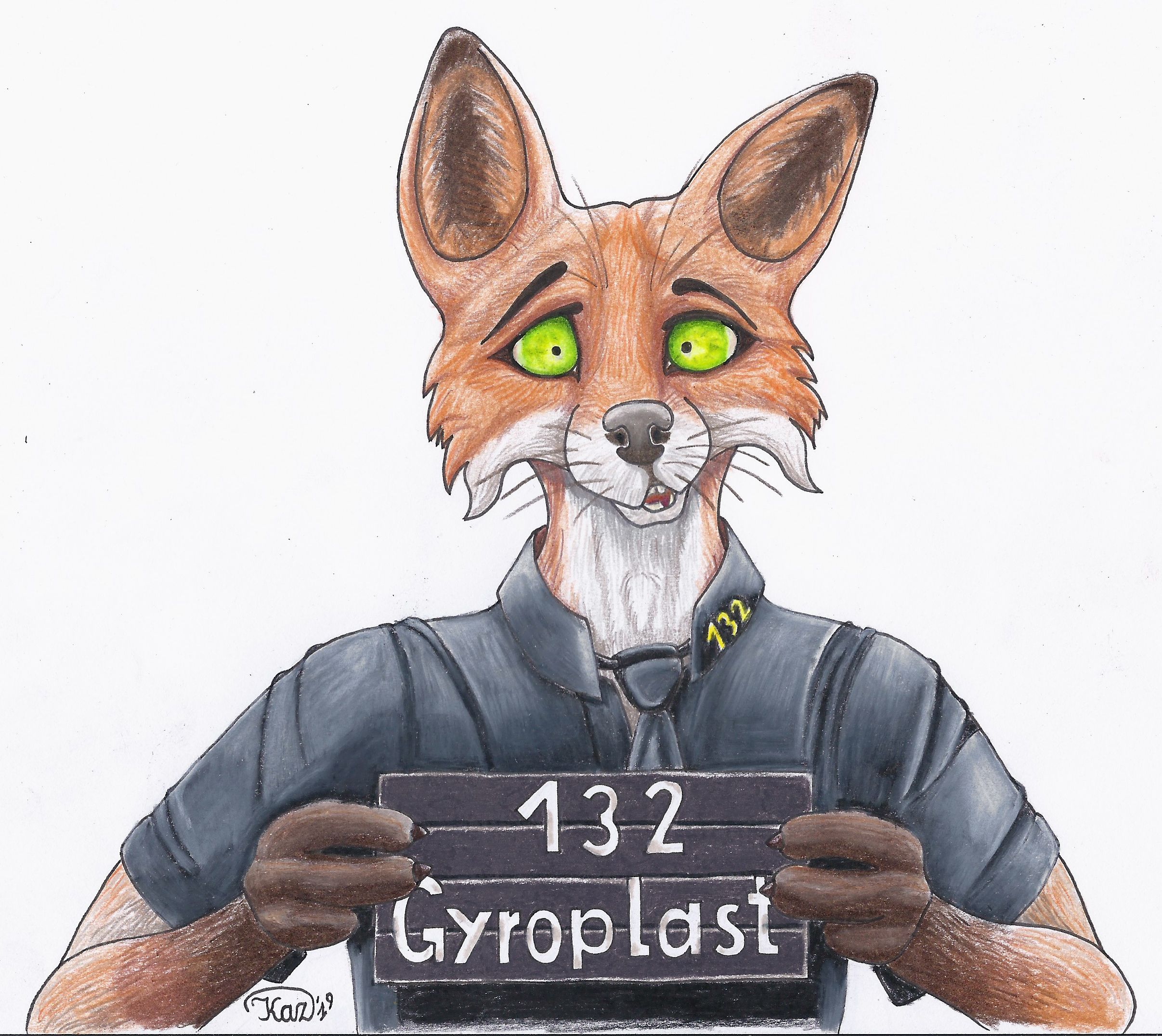Are you not drinking H3O?
I assume they mean H2. Y’all laugh but H2 and H2O are different things. You can have both.
H2 can be dissolved in water. Now idk if or why you want that… Seems like the water would be sour
Do I want both ?
I don’t know…
No, it’s a stupid gimmick to trick people that are easily impressed by marketing
Ladies and gentlemen, they’ve done it.
also sugar free
No gmo
Still better than oxygen-infused water
Is it though?
Yes. H2O2 would not be a pleasant drink.
Neither was the Cuyahoga river.
Fun fact: There are more hydrogen atoms in a single molecule of water than there are stars in the entire solar system.
My mother says I’m a star
Well, that’s just wrong. I can name at least 10 stars in the solar system.
I bet it’s double the amount!
Not KenM
Speak for yourself
Shout out to the mole people in our precious sewers.
So… h3O?
MFers went ahead and invented acids
All these fools trying to add hydrogen to water when they should be focusing on dechlorinating table salt.
Na
Take my upvote, you scoundrel.
Then put in the water !
Don’t have open flames when opening that bad boy.
Hear me out bro… H3O
Oh boy, I remember that! A blast from 2000!

Look at that publisher. I wonder what those guys are up to nowadays
Bro, BRO! Check this out, get extra OXYGEN in H₂O₂!!1!
DOUBLE the oxygen!
Even more oxigen and mineralization H2SO4
Johnny was a real good kid,
But now he is no more.
What he thought was H2O
Was H2SO4.The burning means it’s working, right?
Drink that shit like it’s rocket fuel.
WOW! It really tingles going down.
Make it H3O3 for Santa Claus.
H3O water refers to hydronium ions, which make water more acidic. However, stable H3O water in bottled form doesn’t naturally exist—water always rebalances to H₂O. Pure H3O isn’t drinkable it’s too acid, It’s ionized water, without any specific features. It’s a publicity trick to sell it more expensive, like also this one, low in calories.

That’s why I sell exclusive Deprotonated Hydronium™. It costs even more but it’s worth it, and still zero calories. It’s the best way to enjoy tasty ions, for a more balanced lifestyle.
This one which is sold in 50 ml cristal flacons?
H3H3
What are you laughing at?
Reminds me when I saw “Gluten free” on plain raw bacon packages.
It sounds ridiculous, but you’d be surprised how often wheat makes its way into vague ingredients such as “spices” (or less vague but seemingly benign ones like tamari, for example, or malt, or yeast), often unlabeled as containing wheat, barley, or rye.
If you have Celiac disease, you figure this stuff out over time. I’m glad to see bacon labeled as “gluten free” - it means I can trust it. Packaged bacon might have a seasoning or glaze applied to it. It’s so easy to get burned by stupid labeling (e.g., “ingredients: pork, salt, spices”).
If a terrifyingly minuscule amount of something could give you violent shits and debilitating migraines (an amount the size of a grain of sand will do it), you’d be cautious and suspicious of labelling as well.
At that point idk how you could actually eat anything from a grocery store since everything there is likely processed in a facility that handles wheat. In fact, i would say meat products and farm to table produce are probably the only items at a grocery store that haven’t come into contact with some sort of allergen.
Yes, exactly. And forget about restaurants (unless they specifically cater to gluten-free [and even then, you’re playing roulette]).
And yes, 100%, unprocessed fruits, veggies, eggs, dairy, and meat products from the perimeter of the grocery store are the safest. Cooking most things from scratch is the best strategy.
Even then, again, sometimes meats are pre-seasoned or brined. Ya gotta be careful and diligent.
Look, eating a mostly from-scratch “Paleo” or “Weston A. Price” diet is objectively the best way to go for everybody, Celiac or not, vegan or carnivore. Nobody disagrees that unprocessed farm foods are better than factory food snacks. Alas, cooking every damned meal every day when you have a career and other obligations is tough. Processed foods do find their way in.
You do the best you can, and diligently read every label, building a list of the “good guy” brands. (For what it’s worth, Siete and Primal Kitchen are fucking godsends. Goddamn we love Siete).
Weston A. Price
Now that is a dentist that gets around!
‘Plain raw bacon’ is the kind that doesn’t have spices.
Again, been burned before. Adding “gluten free” isn’t as stupid as it sounds.
Been burned by the adhesive on paper straws. Been burned by instant coffee (flavorings, apparently). Been burned by “plain” hashed brown potatoes (spoiler alert - they weren’t so plain, because of cross-contamination in the packaging facility - they didn’t clean their conveyor belts between product runs. That took some legwork to figure out). Been burned by fucking apple sauce (malt; and also, why?!).
Imagine living in a world wherein all food products might have at least a little bit of rat poison in it. You’d start really appreciating anything intentionally labeled “rat poison free,” even if it’s something that “shouldn’t” need it (like “plain” bacon).
Imagine living in a world wherein all food products might have at least a little bit of rat poison in it.
Right. Imagine. Wild.
Edit: I joke. American food safety standards are better than that. Not impressively better. But technically better.
‘plain raw bacon’ is almost always not actually raw.
But is it vegan?
I feel bad for the vegans. The base idea is sound. A living creature shouldn’t be turned in a commercial product for multiple reasons. But rather than have a debate about the actual implications of such an idea, it gets reduced and amplified for the stupid people so corporate interests (which include PETA) can make a dollar.
I’d much rather see the brightest minds debate such an idea but instead, capitalism takes priority and so we get “meat is murder.”
I am so tired of trying to include the stupid people.
A living creature shouldn’t be turned in a commercial product for multiple reasons.
In theory, I disagree with this. Meat and other products made from animals such as leather and the trading of such products has been a big part of human culture and lifestyle since long before recorded history. There is some evidence that energy dense meat is at least party responsible for our evolution into what we are today. Leather and wool are amazing materials with properties that it’s still very difficult and expensive to replicate if its possible at all. Done humanely, it not only benefits humans but he animals in question themselves- as we are actively invested in their survival and well being. If and when we can make synthetic meat, leather, and wool, or alternatives with all the same properties and benefits as the ‘real’ thing, then I could be persuaded that is better.
In practice it becomes a big problem when we add Capitalism into the mix. Capitalism is exploitative by nature, and if it exploits human beings of course it’s going to do the same for animals. Ethics and morality are given the backseat to greed and profit. The most exploited workers can often not afford ethical alternatives when those options do exist.
I’m not saying we shouldn’t still strive to reduce meat consumption and improve conditions for livestock, but we should also recognize that capitalism is a huge part of the problem and always will be. If we want to improve the lives of humans and animals, we need to do away with it.
As long as they don’t call it “organic”, that would kill my overly literal chemistry-nerd brain.
Well… it is carbonated.
Hydrogenated
Free-range hydrogen
Free? Radical!
But still farmed then? Think I’ll have to pass.
Only if it is filtred it’s supposely vegan, but watch your glass if there are a lot of flies.
Depends on how much animalic trace elements you accept. Related question: is pee vegan?
It is, because i consent to you drinking my piss
I have to assume it’s just made sparkling with hydrogen instead of carbon dioxide. Heard about beer being hydrogenated in Japan several years ago and it had the side effect/party trick of being able to ignite your burps so you could belch fireballs.
As a chemistry teacher who regularly ignites Hydrogen gas, I cannot even imagine how dangerous it would be to ignite a hydrogen belch. That shit POPS.
Actually why it was news; some dude got drunk, belched fireballs at people and burnt the shit out of his esophagus.
That’s more like it.
Dissolved hydrogen is effectively acidifying it, no? That would be chugging fizzing acid. Must’ve been fun.
No, hydrogen (gas) doesn’t spontaneously dissociate into H+ when dissolved in water because it’s covalently bonded; it remains H2, just like nitrogen remains N2 when dissolved in water. Acidity is a measure of the concentration* of H+, so dissolving H2 doesn’t impact the acidity.
*actually the activity
Thanks, I never understood - what’s the practical difference between pH and activity?
Chemistry teacher here! Hydrogen would only acidify it if it dissociated. Much like how you can dissolve oxygen or nitrogen gas into water, any gas can be dissolved into water. They don’t break apart, they just float as molecules inside the water. It’s just like when sugar dissolves. Salt breaks apart, because it’s ionic. Sugar, most organics, and diatomic gases like H2, N2, and O2 don’t have enough affinity with the water molecules to dissociate (or, at least, not sufficient to dissociate appreciably)
When you get something gnarly is if you have a molecule containing something that does have stronger affinity with the water. Carbon Dioxide, Sulfur Di- and Trioxide, Nitrogen Oxides, and other oxygen-bearing covalent gases react with water because the central atoms attract the oxygen in the H2O, while the oxygens surrounding them have partial negative charges from the unpaired electrons, attracting the hydrogens in the water. This causes the water to be ripped apart, creates oxyanions such as CO32-, SO32-, SO42-, NO2-, or NO3-, and leaves protons in the water from the now-dissociated Hydrogens (except for weak acids such as Carbonic Acid, which only partly dissociate from the hydrogen, such that all intermediate species are actually in equilibrium: H2CO3, HCO3-, CO32-, and CO2). Same goes for elemental Chlorine, Fluorine and Bromine. All of these rip the water apart and create the hypo- oxyacid and the hydroacid of the specie (e.g. Cl2 + H2O --> HClO + HCl)
What if we leave out the electrons, and just add hydrogen ions, aka good old naked protons? Might be tricky mixing them in before they pull free electrons from wherever, but if
they’re high enough energywe’re fast enough…
You get carbonic acid when carbonating water and some people like that taste, for some reason 🤷♂️
It’s crazy tho how I was thinking similarly after posting the previous comment. If cabonated water gets the bitterness from carbonic acid, what would hydrogenated or nitrogenated water taste like? I’ve had Guiness and Pepsi Nitro. Both are made bubbly with nitrogen. And while the beer is good, the Pepsi just tasted like normal Pepsi, but like you had left it unsealed overnight.
Never had anything that was artificially hydrogenated, though. 🤔
You get carbonic acid when carbonating water and some people like that taste, for some reason 🤷♂️
I’m one of those people but I couldn’t tell you why either. I just like sour, I guess.
Carbonic acid is a weak acid, so the acidity isn’t as strong. Most the protons are bound in carbonic acid. Whereas in dissolved hydrogen, all the hydrogen molecules are necessarily ionized, giving what should be an acid quite some orders stronger.
Chemistry teacher here. No way do those hydrogen molecules ionize. If they ionize, that would require making the entire solution positively charged, or filled with singlet hydrogen. Just like dissolving oxygen or nitrogen in water, the gas will dissolve, but not dissociate.
(See my reply above for full details)
Most soda has a pH of like 3, so probably can’t be muchh worse.
Turns out solubility of hydrogen is quite low (to be expected) so it’s unlikely enough hydrogen would dissolve to burn a hole in a tongue. You’d really have to want to do it, in which case there are easier ways to do so than pressurised supercritical hydrogen.
This is the kind of bullshit they come up with when you don’t allow them to put the good stuff in it.
Radium, that was the real thing, not this shit.
And cocaïne
RADIOCAIN:2077
I’d like some irradiated cocaine please.
Story time! Courtesy of my 7th–grade Biotech teacher:
Many years ago, he was working in a bio lab where they were studying the effects of drugs on the brain. Specifically, they were trying to isolate the specific paths and locations in the brain that these drugs would build up in the highest concentrations. That year, they were studying cocaine.
Of course, you couldn’t be experimenting with cocaine on humans, because that would lead to everybody having too good a time, I guess, and the federal government wouldn’t stand for it. As such, they were injecting cocaine into rats. Now, giving these little guys the time of their lives was still not the purpose of the research, so they needed a way to easily find out where the cocaine was going in the rats’ brains. As such, they tagged the cocaine. In order to ensure the tagging didn’t affect the binding and distribution in the body, however, they had to tag it, not with a dye, but by making it radioactive, at which point they could use whatever Magical Machine™ to take a 3D scan of their heads and find the radiation (though It’s possible he was simply leaving out the bit where they dissected the rat brains to find where they were radioactive, which I now think far more likely)
Unfortunately, aside from getting these rats literally blitzed out of their minds on a one-way-trip to the land of cheese and honey, no super-rats were created by what otherwise sounds like a plot straight out of an offbeat MCU movie.
No, the practical upshot of this was that it was some poor sod’s job to actually mix radioactive cocaine into solution for injection. Since they needed to do it a LOT, they needed a lot of solution. So, in their infinite wisdom, they had the following setup:
- a refrigerator, where they kept the saline and radioactive cocaine (and whatever else they were using to make the solution)
- immediately to the right of the fridge, a fume hood, where they would actually do the mixing.
- atop the fridge, two unlabelled beakers: in one, the saline, ready for mixing; in the other, the radioactive cocaine solution, prepared and ready for injection.
This was the point at which an entire crate of lab rats was toppled, releasing all of them onto the floor…
Of course, the entire lab is suddenly in chaos. One person is trying to use a net they had prepared for such an occasion to catch the rats that are running around the desk area, while two more are trying to tag-team a rat that ran behind a bookshelf. My teacher, though, is chasing a rat. A rat that is running straight for the cozy space under the fridge. With all the alacrity of a wastrel postgraduate who has never heard the term “dexterity” outside the context of tabletop games, he runs headlong into the fridge, and suddenly feels a splash on his head and hears the shattering of glass on the floor below.
While it didn’t take too long for them to pull out the Geiger counter and determine that he was not going to get a supervillain backstory (with the high of his life and cancer on the side), you can bet they labeled those beakers after that, and kept them in the fume hood.
And that, dear friends, is how we learned about Lab Safety in my school!
Best we can do is the original formula Coca-cola with red wine, cocaine, and caffeine.
It’s the pause that refreshes.
Don’t you know that 100% of all people who drink water die?
Most drug dealer consum some on a daily basis!
So do the vast majority of convicted criminals and politicians. Coincidence?
probably not!
Yet that does not imply that any politician could be linked to any type of crime, of course… even convicted criminals and drug dealers are most likely innocent… don’t look for me…
But be carefull with water!


















